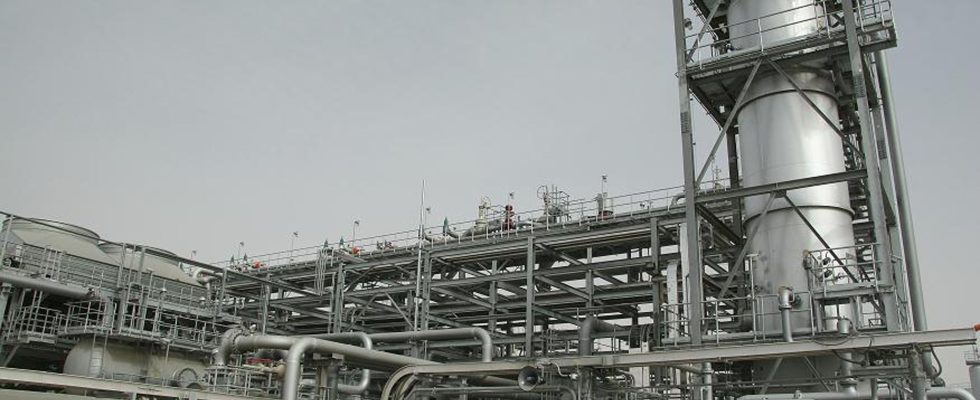The market reacts and oil prices jump, 24 hours after the announcements of the major OPEC+ exporting countries. They created the surprise, Sunday, April 2, by announcing a sudden drop in their oil production from May. This Monday morning, the price of a barrel of American WTI rose by 5.74% to 80.01 dollars, and that of a barrel of Brent from the North Sea by 5.67%, to reach 84.42 dollars.
This cut announced by Iraq, Algeria, Saudi Arabia, the United Arab Emirates, Oman and Kuwait is presented in their press releases published simultaneously, as a “precautionary measure aimed at supporting market stability”. The decision takes place “in coordination with certain member countries of OPEC and non-members of OPEC”, according to the Algerian Ministry of Energy. Russia is notably part of OPEC+.
What does this drop in production represent?
These cuts will start from May until the end of 2023. In total, the decrease in production will represent approximately one million barrels per day (bpd), the largest reduction since October. Riyadh will cut production by 500,000 bpd, Iraq by 211,000 bpd, the Emirates by 144,000 bpd, Kuwait by 128,000 bpd, Algeria by 48,000 bpd and Oman by 40,000 bpd. If this new drop is not completely unexpected, the volumes are particularly important.
For its part, Moscow has thus announced, through the voice of its Deputy Prime Minister in charge of Energy, that it will continue to reduce its crude oil production by 500,000 bpd until the end of the year. A drop justified by a period of “uncertainty” in the black gold market, leading to “responsible and preventive action”. The move could help Russia overcome European sanctions that cap the price of its barrels. This will bring the global decline to 1.6 million barrels from July.
“Prices hit their lowest level in two years”
This drop could be due to fears of a further slump in prices from producing countries, as economies slow with global inflation. The United States, for its part, is calling for increased production and lower prices, while China, the most greedy country in black gold, is reopening its economy after having folded in on itself during the coronavirus pandemic. Covid-19.
A production cut of 2 million barrels per day had already been decided in October by the members of OPEC+. It had been experienced as a snub by the United States, which feared a surge in fuel prices against a backdrop of inflation, and while prices at the pump had already exploded in June after Russia invaded Ukraine.
This coordinated decision by several countries comes as “oil prices in March reached their lowest level in two years, at less than 80 dollars for a barrel of Brent, an unacceptable level for members of OPEC +”, explains AFP Ibrahim al-Ghitani, oil market expert, based in the Emirates. The reductions should therefore result in a change in market mechanisms and an increase in prices. An effect that could soon be felt at the pump.
